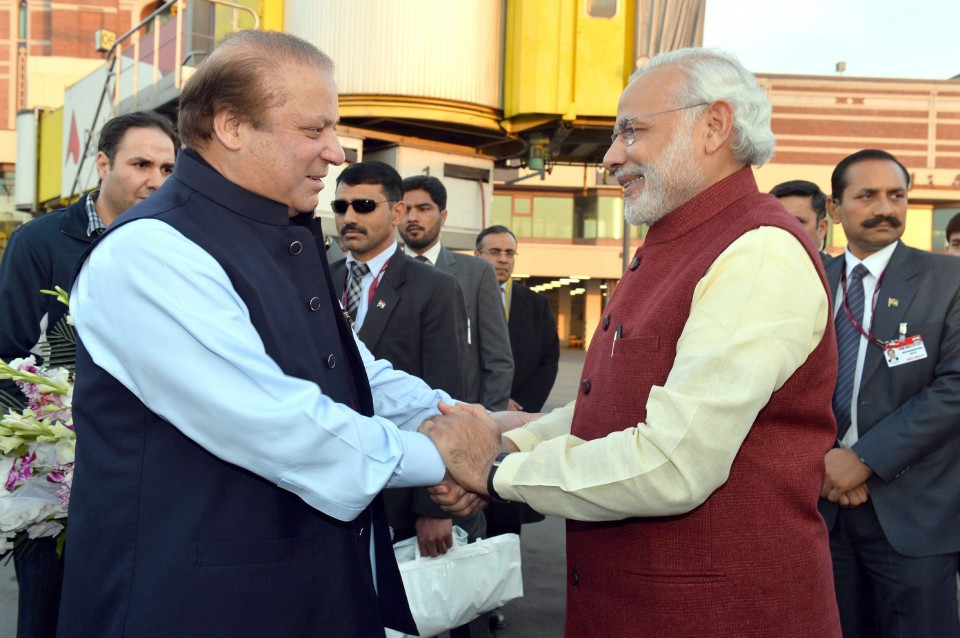Arab News
MUHAMMAD WAQAS

On the bilateral relations front, it is not just Pakistan’s simmering tensions with India that is making the headlines. Pakistan’s long and complicated relationship with the US is also back in the news. In a recent move, two US lawmakers have proposed a bill to designate Pakistan as a ‘state sponsor of terrorism.’ The bill seeks to censure Pakistan for supporting international terrorism by harboring Osama Bin Laden and failing to take stern action against the Haqqani network. While US Sen. John McCain believes that the bill will not likely be successful, this move highlights the complexity of relations between US and Pakistan, supposedly front-line allies in the war against terror.
Much to the disappointment of Pakistan, it is once again being accused of perpetuating terrorism rather than being recognized as the biggest victim of this menace. Gone are the days when Pakistan used certain groups as strategic assets — there are now no good Taliban or bad ones.
Pakistan is in a crucial phase of its decisive war against extremism in which thousands of security personnel have sacrificed their lives in the line of duty. In fact, Pakistan feels betrayed by the international community and being ditched whenever their geopolitical objectives had been met.
As an old ally, Pakistan has always had high expectations from the US, expecting it to provide the required economic and military assistance to overcome domestic challenges. Further, Pakistan has traditionally expected the US to use its political clout against arch-rival India and push for a greater role of the country in Afghan peace process. But, the US seems to be more interested in India as a long-term, strategic partner based on its economic potential and ability to protect US national security interests in the region. Recently, bilateral relations between the US and Pakistan have nosedived, and Pakistan has expressed a concern at the preferential treatment given by US to India. The US has pursued a policy to ‘de-hyphenate’ its relations with India and Pakistan, which has not gone down too well with Pakistan. The US has chosen to stay largely mum even during the recent escalation in Indo-Pak violence, and is not keen to mediate talks between the two sides.
The US and Pakistan relationship has become increasingly transactional in nature, with the latter expected to deliver against terrorism and use its leverage with the Taliban to get them back to the negotiating table. While the Taliban seem uninterested right now, Pakistan and US have been able to strike a draft peace accord between Afghan government and Hekmtayar, the famous Mujahideen group leader, to give him political acceptance. While this reconciliation gives Pakistan an anti-India, strategic presence in Afghan politics, it also signals that the US is keen to cooperate with Pakistan on any future political discourse in Afghanistan.
Any major change in policy toward Pakistan can only be expected once Hillary or Trump assume the office. However, the US cannot afford to disengage Pakistan, a highly populous nuclear power, strategically placed in the neighborhood of Afghanistan and China.
Pakistan must go beyond the paradigm of security and military in its ties with the US, and seek to give it a broader definition in other areas of mutual interest.
The quickly changing dynamics of this region guarantee that US will never lose complete interest in Pakistan, but the country needs to position itself as a trustworthy and value-adding partner to benefit from this relationship.




